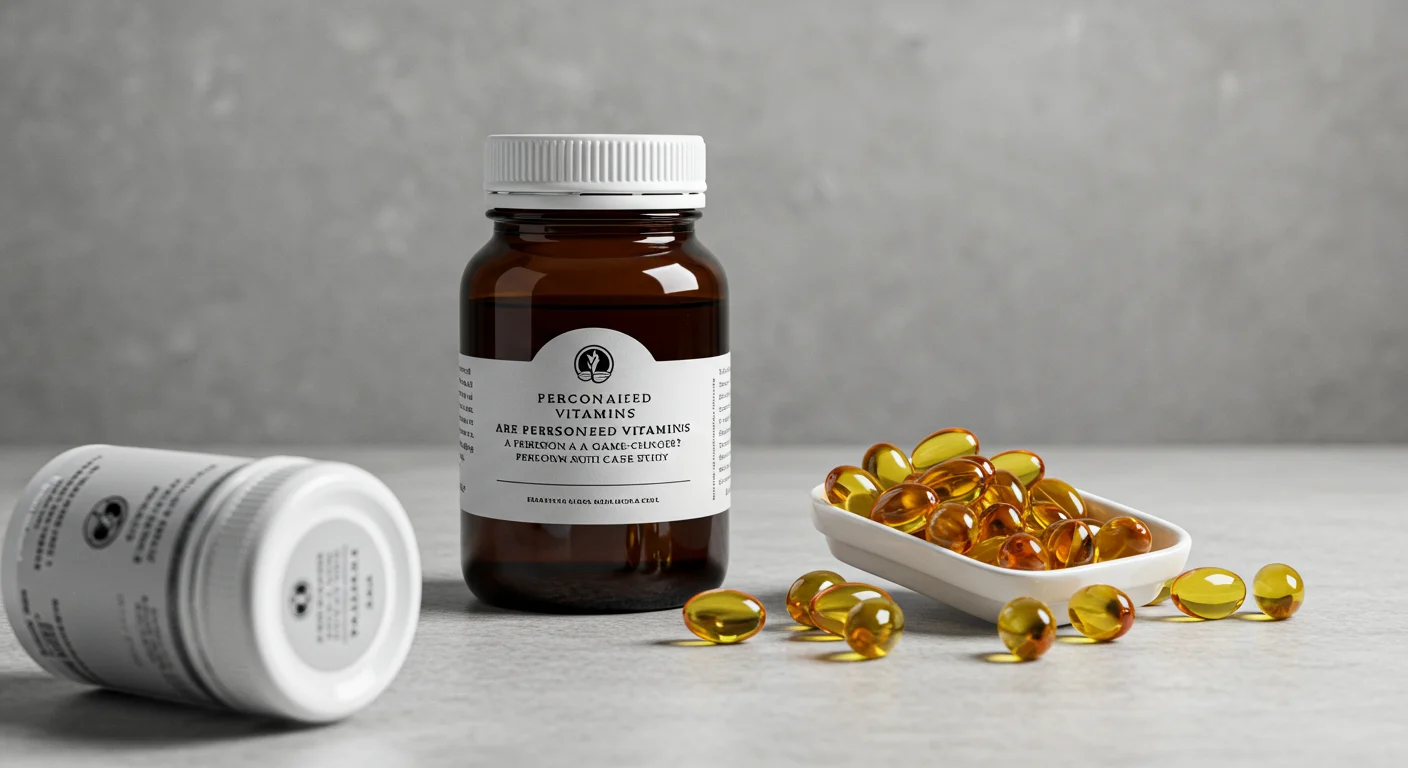
Should You Be Taking Supplements? Here’s How to Know What You Actually Need
Let’s cut through the noise. Supplements can be incredibly helpful—or just expensive bathroom confetti. The trick is figuring out what your body actually needs right now, not what your feed says you should buy. I’ll walk you through the quick, real-world way I approach this for myself, with a spotlight on iron because that’s the supplement folks ask me about nonstop.
Start with a simple question: what problem are you solving?
Here’s the thing: if you can’t name the goal, the supplement won’t fix it. Are you chasing steadier energy, stronger immunity, fewer cramps, better sleep? Tie every pill to a job. If the job is vague—“overall wellness”—food, sleep, and movement usually win. Supplements should fill true gaps or correct deficiencies, not be a personality trait.
Check your baseline (yes, labs are worth it)
Believe it or not, a quick set of labs can save you months of guessing. For energy issues, I look at a CBC, ferritin, B12, vitamin D, and thyroid markers. If you can’t get labs right away, look at your patterns: diet, menstrual losses, meds (like PPIs), sun exposure, and how you actually feel at 3 p.m. It’s not perfect, but it helps you make a smart first move while you queue up a test.
Iron, the fan favorite: when will it kick in?
If you’re low on iron, you’ll probably ask the most-Googled thing: how long does it take for iron supplements to work? Short answer: you’ll often feel a bit better in 1–3 weeks, especially with fatigue and breathlessness. Hemoglobin usually bumps in 2–4 weeks, while ferritin (your iron storage) takes longer—think 2–3 months to climb, and sometimes 3–6 months to fully replete.
Two tips that matter more than people think: take iron away from calcium, tea, or coffee; and pair it with vitamin C or a small squeeze of citrus. Many folks absorb better with gentler dosing or even every-other-day schedules. And yep, continue for about three months after your numbers normalize so you refill the tank. If you were wondering again—how long does it take for iron supplements to work—it’s a weeks-to-months thing, not overnight.
Do you actually need a multivitamin?
Sometimes. If your diet is inconsistent or you travel a lot, a well-formulated multi can be a safety net. But if you’re targeting a specific issue—low iron, low D, omega-3 deficiency—you’ll get more mileage from a focused dose rather than a scattershot “everything” pill. I’m not anti-multi; I’m pro-precision.
Vitamin D and omega-3s: the usual suspects
Vitamin D often runs low if you’re indoors, live far from the equator, or wear strong SPF (which, please do). Recheck after 8–12 weeks because bodies vary. Omega-3s help if you rarely eat fatty fish or you’re targeting triglycerides or inflammation. Both are slow-and-steady actors—think months, not days, to notice changes you can actually feel.
How to pick formulas you’ll actually tolerate
Form matters. With iron, ferrous bisglycinate is gentler for many people than ferrous sulfate. With magnesium, glycinate can be calming, citrate more, well… motivating. Look for third-party testing (NSF, USP, or Informed Choice), meaningful doses, and plain-language labels. If the label looks like a riddle, I move on.
When to skip supplements (for now)
If you’re pregnant, on blood thinners, have kidney or liver issues, or you’re stacking five different “energy” products, pause and talk to a clinician. Also skip anything that promises instant, dramatic results. Real physiology isn’t a Red Bull ad. And if your question is genuinely medical—like unexplained fatigue or hair loss—get labs before you self-treat.
A quick plan you can actually follow this week
Pick one goal. Get one lab panel if you can. Choose one high-quality product that matches the job. Commit for 8–12 weeks, then reassess. No supplement should be a forever guess. And if iron is your focus, remember the timeline: improvements can start in a couple of weeks, but full stores take months. That patience pays off.
Want my short list?
If you’d like help picking brands that are actually worth your money, check the latest reviews at Consumer's Best. I keep it friendly, no hype, and totally practical—iron (gentle options), vitamin D, omega-3s, magnesium, the whole crew. You’ll see what I’d give to a friend, and why.





